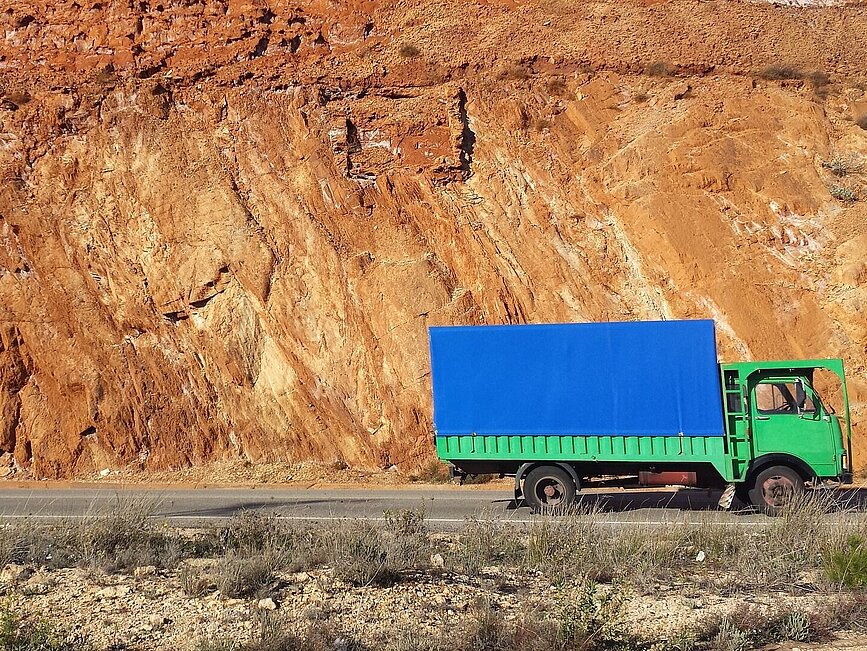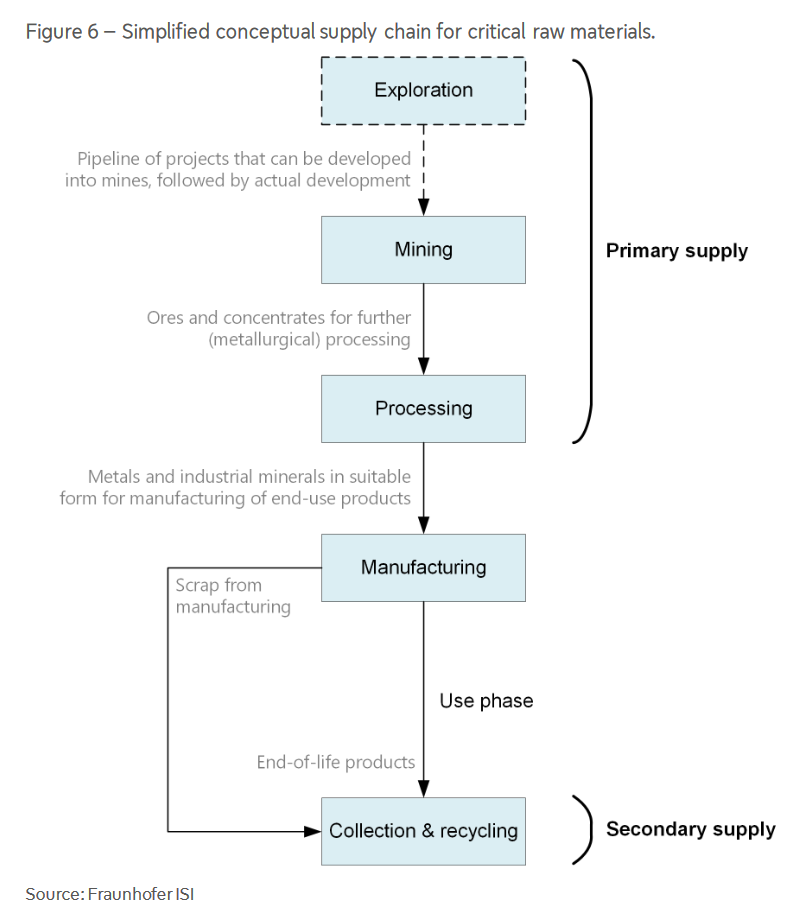The supply of mineral raw materials such as copper or lithium is of great importance for the European economy and essential for social prosperity. As they are difficult to replace and can only be mined in a few countries, there is a high risk of supply difficulties. Currently, 34 raw materials are considered critical in the EU, 17 of which could become particularly important in the future and are already referred to as "strategic raw materials".
A new study, in which the Institute of Technology Assessment (ITA) of the Austrian Academy of Sciences participated, was presented to the European Parliament's Committee on Science and Technology in Strasbourg on July 22. It was only in May that the EU passed its own Critical Raw Materials Act in order to prevent possible supply or mining bottlenecks. The study for the European Parliament shows how research and innovation can help solve problems relating to the supply of critical raw materials.
Risks in extraction, processing and supply
According to Steffen Bettin and Saskia Favreuille from the ITA, the problems are manifold: "Care must be taken to ensure that extraction is sustainable, and this requires less energy consumption. We also need more research into the interactions between raw material extraction and the environment. Attention must be paid to energy efficiency not only during extraction, but also when refining the materials," emphasizes Steffen Bettin. At present, the majority of refining is carried out in countries such as China for cost reasons. "We should actually consider mining raw materials in Europe again, because it is very problematic to outsource this to areas that have lower safety, environmental or social standards," says Bettin.
For Saskia Favreuille, research as a whole is lagging behind: "There are a lot of raw materials that we classify as critical, but only a few of them are sufficiently investigated." When reviewing past EU projects, she discovered that a number of raw materials on the list of those to be classified as critical have not yet been researched or have hardly been researched at all: "Cobalt and lithium, which is very much in vogue at the moment due to e-mobility, are being discussed a lot, but other raw materials are just as urgently needed," emphasizes Favreuille.
More research urgently needed
The authors of the study conclude that more international cooperation is needed in order to keep the promise of sustainability. "Research and innovation must play a greater role in new cooperation agreements so that they don't just remain declarations of intent," Bettin and Favreuille agree. "Additional knowledge and technical innovations are definitely needed to prevent supply problems. More attention also needs to be paid to the environmental and social impact."

